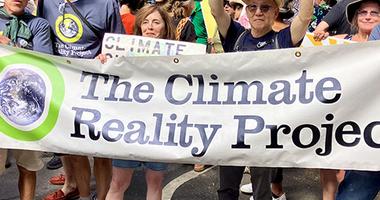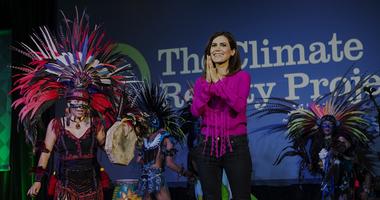Isadora Gran, Joelma de Souza, and Brenda Vitória
Brazil; Trained in 2020, 2021, and 2022
"Believe you can make a difference in your territory."
Joelma de Souza, Isadora Gran, and Brenda Vitória could see how the favelas and other poor neighborhoods in Rio de Janeiro were suffering from climate change. More and more heavy rains unleashing floods and landslides burying entire neighborhoods in minutes. Droughts cutting farm yields and sending food prices up and up and up. The list seemed to just keep growing. They could also see that for many residents, thinking about climate change was hard when they had so many other challenges in their lives. And that the government didn't seem to be paying much attention. So they set out to change that. So they began working with favela residents to create a letter speaking for the neighborhood, asserting residents' rights and demanding action on climate change. They met with local organizations, leaders, residents, and workers, talking to people about the many ways rising temperatures were compounding the challenges of basic food security, access to housing, and sanitation they were already dealing with on a daily basis. Residents added their own ideas, and the three Leaders began working with groups from The Climate Reality Brasil to the Latin American Climate Lawyers Initiative for Mobilizing Action to the Consulate General of Ireland to bring the letter to key decision-makers in Brazil and make them listen. Their hope is that this kind of participatory process can be a model for other favelas and communities beyond their own in Rio, and show people everywhere that they can have a voice in their climate future. As they say: "Believe you can make a difference in your territory! Meet with other people who are also concerned about the climate crisis, talk about this with other people, identify impacts on your community together and think of solutions based on this exchange. Find support also so this local movement can gain strength and so that these solutions may become actual alternatives."




